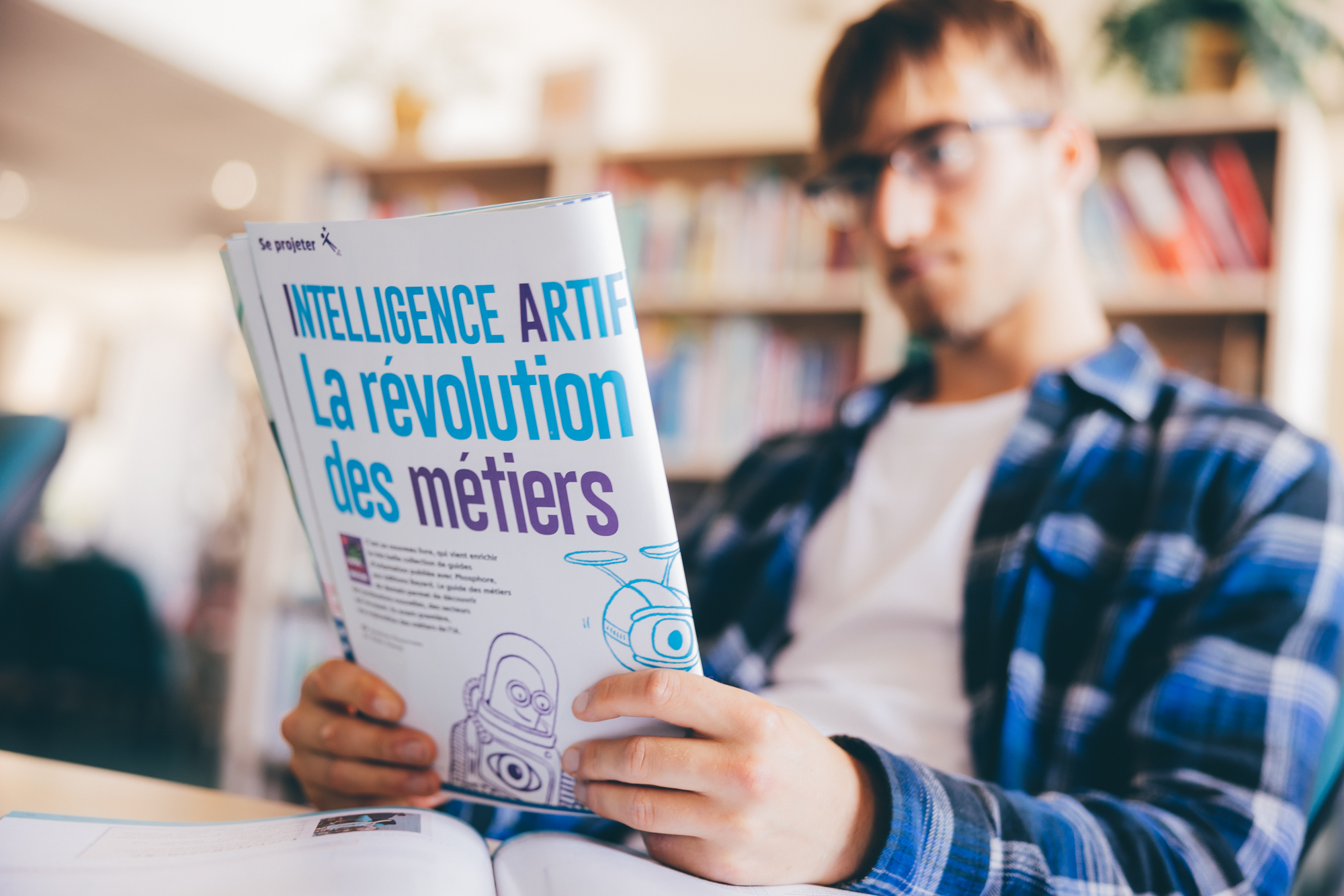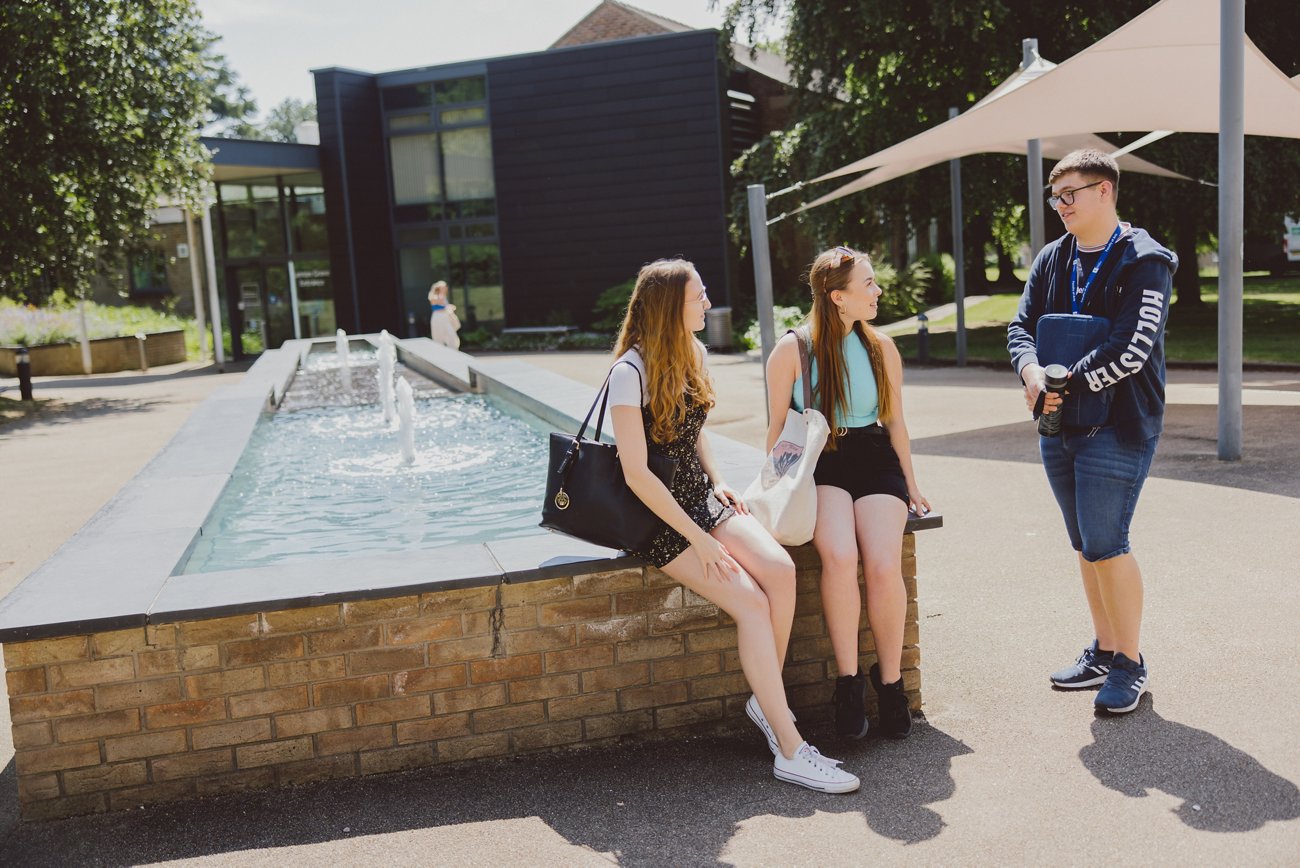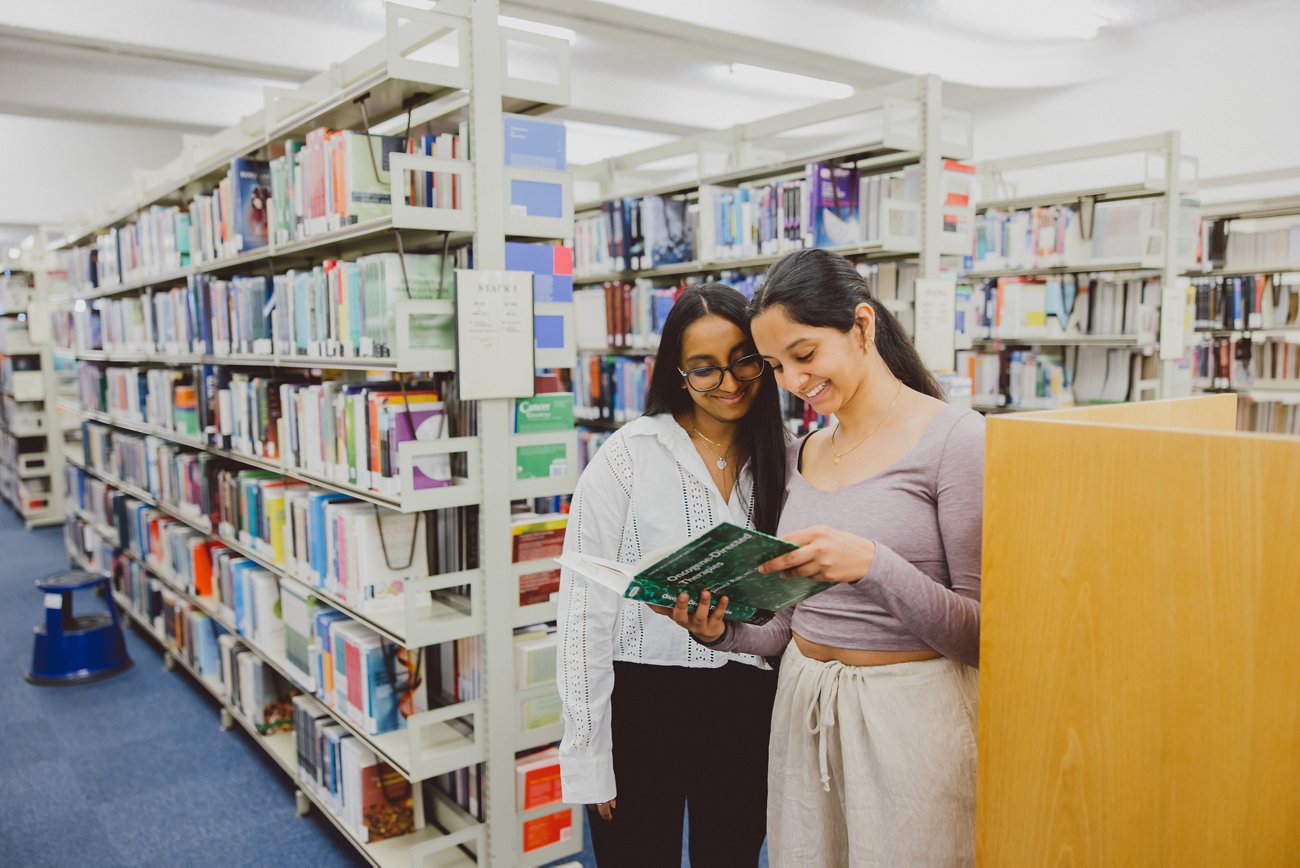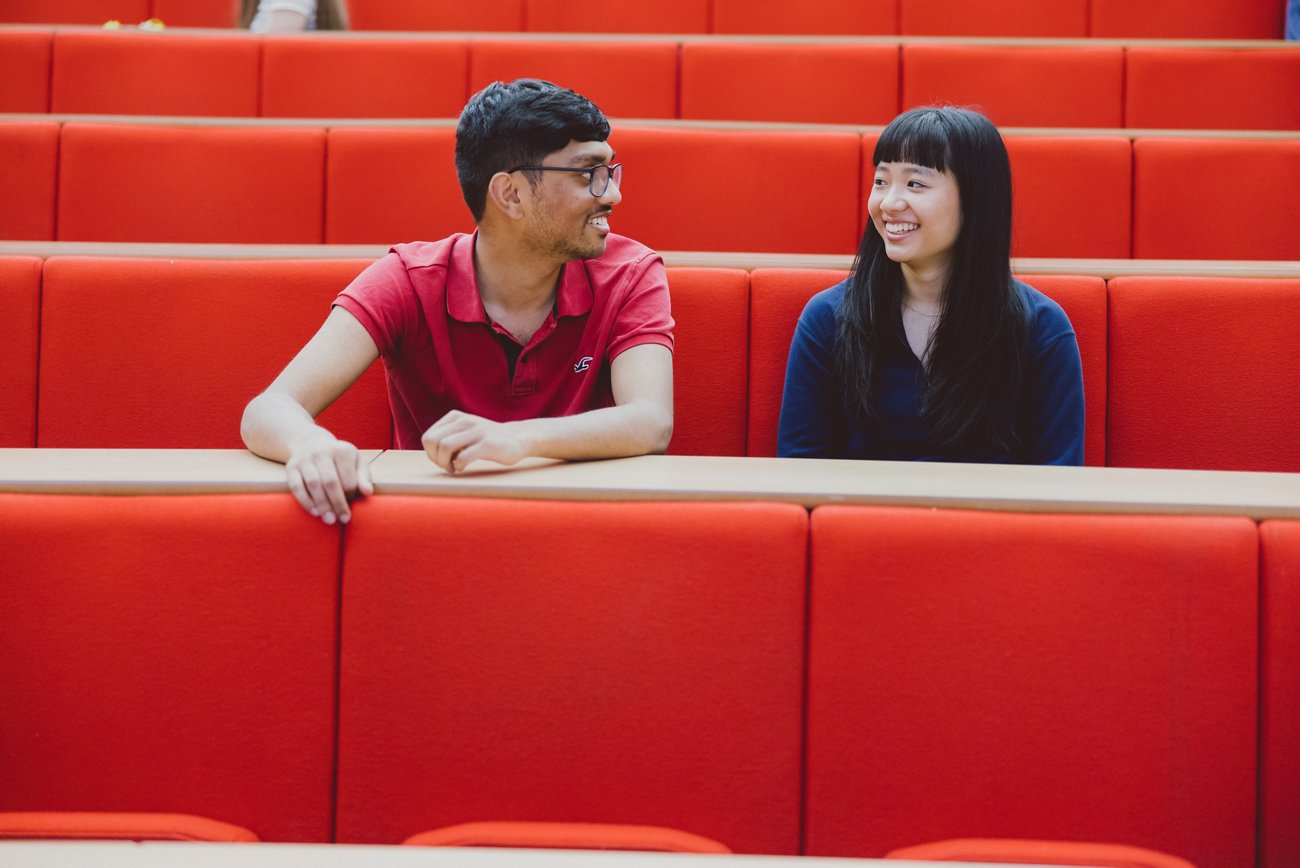

Jonathan
What made you choose your course?
I’d always been interested in learning languages, having been inspired by teachers at both primary and secondary school, and I’d studied French and German at A-level, along with Latin.
When considering options for university, I discovered the Modern Language Studies course at Nottingham that would enable me to continue studying French and German while also picking up a third language (Spanish, in my case) which, after four years of intensive study, would be at the same level as my other languages. For someone who loves languages, it was a perfect match!

The highlight for me was in my third year, when I was able to study abroad, dividing my time between France, Germany, and Spain.
It was great to have the opportunity, and then in general I enjoyed the variety of modules offered not just the French, Spanish, and German language but the history, culture, literature etc. Also, I had the chance to learn beginners Dutch and Portuguese to get the basics and that was great.
Did you know what career or industry you wanted to move into?
For most of the time I was at Nottingham, I knew I wanted to do something with languages, but I wasn’t sure what. During my final year, there was a talk on translation given by the director of a postgraduate course at another university. I hadn’t thought about translation as a career until then, but I ended up applying for that course and got in, along with a couple of other language students from my year at Nottingham.
How did your degree prepare you for your current role?

My degree was an obvious stepping-stone towards my career at the UN.
As an editor in the translation and editorial service at the United Nations in New York, languages are central to my job. I work with people from all over the world, and language and communication are essential tools for international cooperation. Before joining the UN, I was a freelance translator and editor for several years and before that I worked as a translator in Paris for a French company.
None of this would have been possible without my degree in languages.
What was your process when applying for postgraduate jobs?
After leaving Nottingham, I studied for a master’s degree in translation at the University of Westminster before moving to Luxembourg for five months for an internship at the European Commission. I knew that the best way to maintain my skills as a linguist was to work abroad, so towards the end of the internship I applied for translation jobs in various countries. I ended up accepting a job with a company in Paris, where I stayed for about four years.
What do you enjoy most about your job now?
The documents that I edit cover a huge range of topics, from peacekeeping to human rights and from nuclear disarmament to environmental protection. It’s fascinating to see all the ways that countries and individuals are working together for the common good.

You learn something new every day. And it’s great to work with colleagues from all over the world and hear different languages being spoken around you every day.
Do you have any other future career ambitions?
My background until joining the UN was in translation. I’ve been focusing on editing for the past few years but am hoping to get into translation within the UN too when the opportunity arises. I’d also like to take advantage of the UN’s global presence to continue to live and work in different countries.
If you could go back, what changes would you have made in your approach to university/student life that would have made getting to this point in your career easier?
If I could relive my student days at Nottingham, I think I’d take advantage of more of the cultural, musical and sports opportunities on offer and join lots of societies. Once you graduate and start working, there isn’t always time for these sorts of things, so it’s best to enjoy them while you can.





